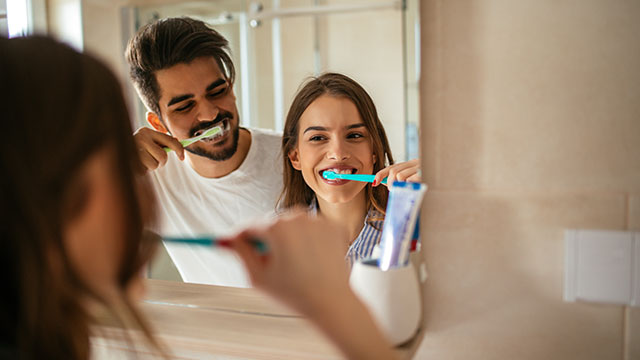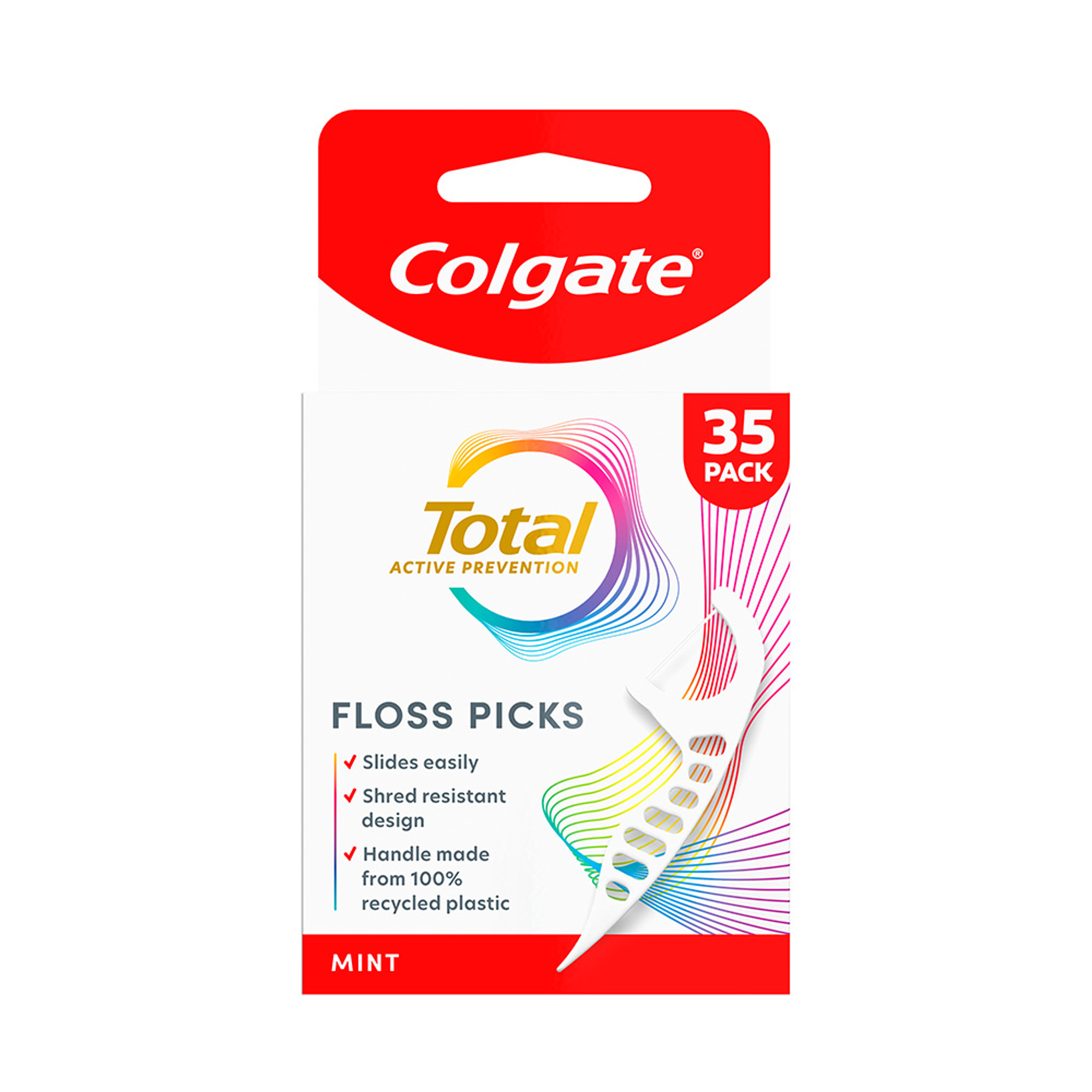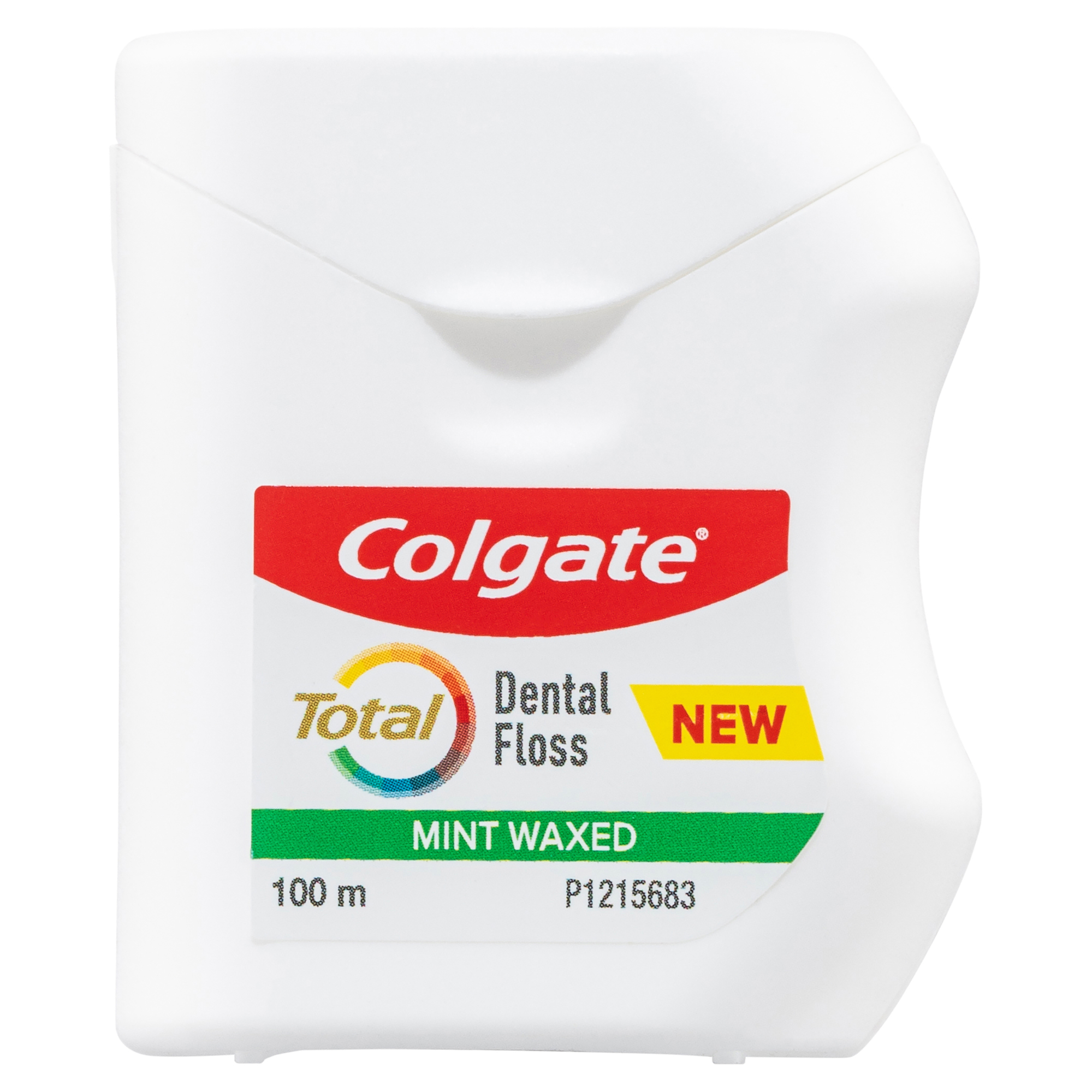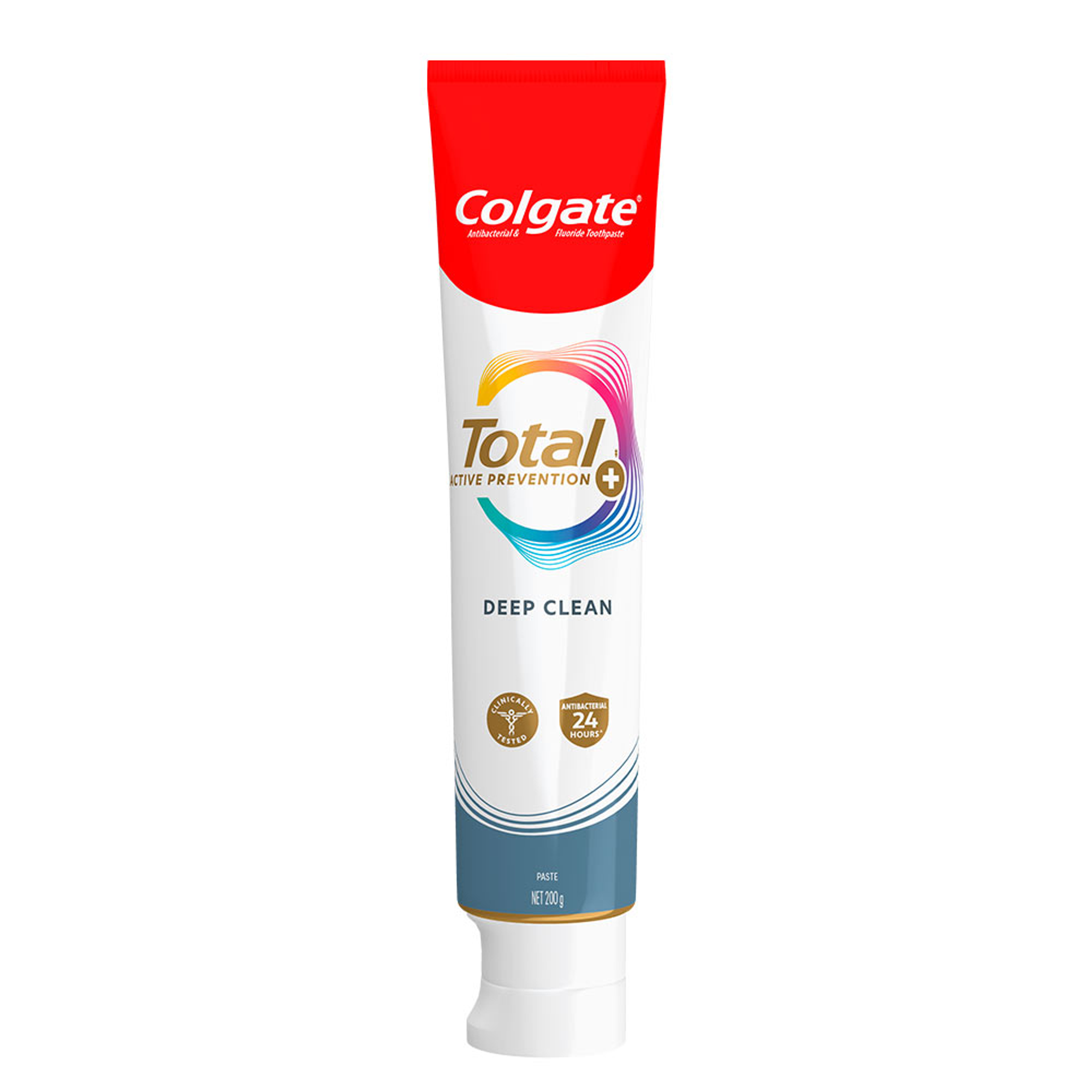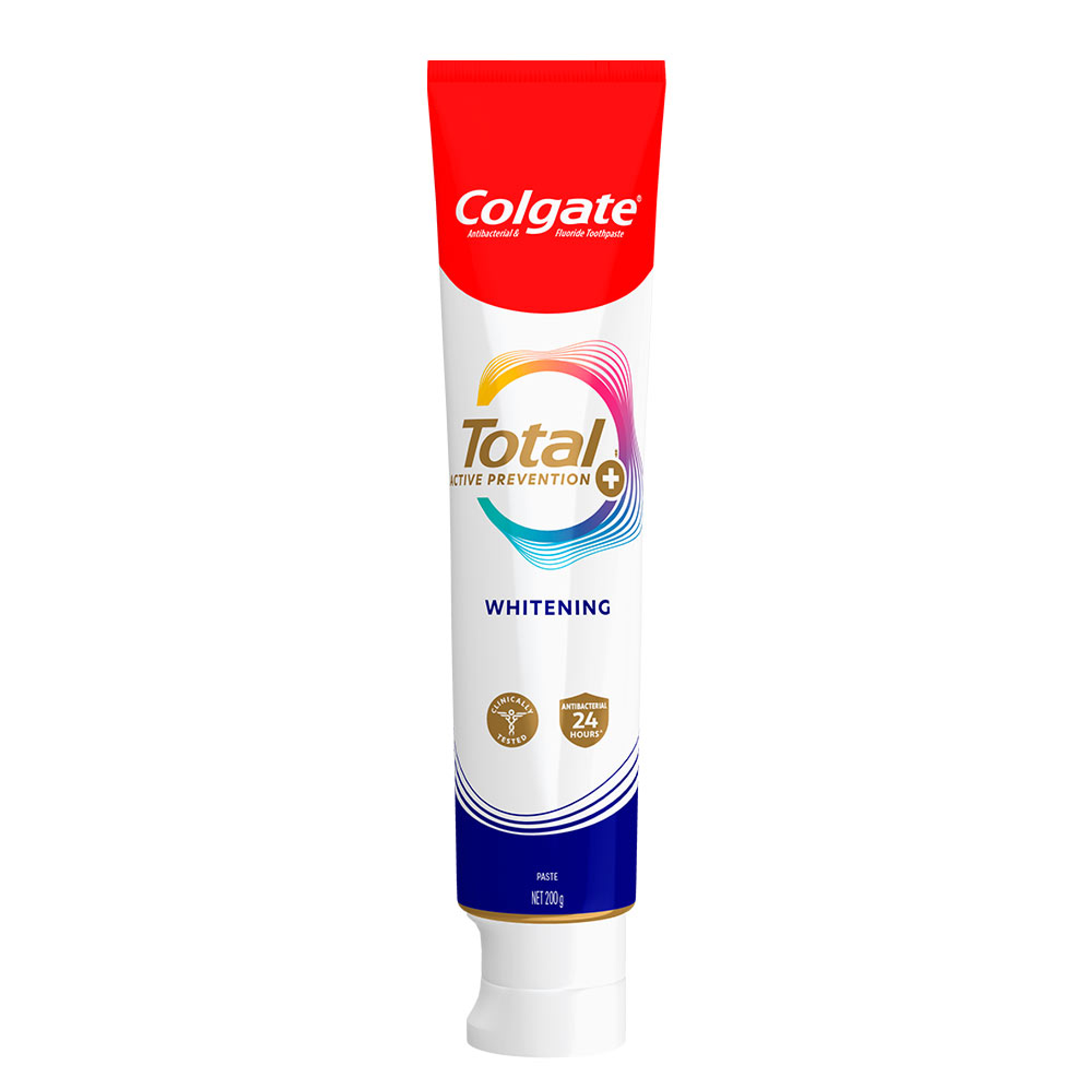1. Use fluoride
Fluoride isn't just for kids. This natural mineral hardens tooth enamel and helps to prevent cavities. You can get fluoride from your toothpaste, some mouth rinses, and in-office or at-home treatments your dental professional may provide. Talk to your dentist about what type of fluoride treatments are right for you.
2. Consider your diet
Sugary treats and snacks can take a toll on your oral health, potentially leading to tooth decay, and other issues. Try to swap them with healthy fruits and veggies where possible, as these are loaded with antioxidants and nutrients like calcium, vitamin A and vitamin C. Cheese and yoghurt are also good choices as they contain lots of calcium and can help to neutralise decay-causing acids in the mouth.
3. Choose your drinks wisely
It's not just your food that can affect the health of your teeth. When it comes to tooth decay, beverages such as soft drinks and sugary juices are known culprits. Swapping soft drinks for plain milk or water can help protect your teeth. Fresh juice is also a healthier option from some perspectives, but keep in mind that juice is high in sugar, quite acidic and can contribute to enamel erosion and dental decay. It's best to enjoy juice in small quantities alongside a meal.
4. Brush your tongue
When you're brushing twice a day, don't forget your tongue! Gentle tongue brushing can help to remove bacteria that builds up on the tongue, helping to keep your mouth healthy and your breath fresh. You can buy a tongue-cleaning tool or simply use a toothbrush with a cheek and tongue cleaner to remove bacteria every time you brush.
5. Take care of your toothbrush
The micro-organisms that can grow on your toothbrush thrive in a moist environment. To prevent this, rinse your toothbrush well after brushing and store it out in the open in an upright position. This will ensure plenty of airflow around the bristles so that your brush can dry out thoroughly. Replace toothbrushes every three to four months and keep an eye out for frayed, worn bristles. You may need to change your children's toothbrushes sooner since kids can be hard on brushes!
6. Avoid tobacco
Avoiding all forms of tobacco is crucial for keeping healthy teeth and gums. Whether chewing or smoking, tobacco use contributes to an overwhelming number of cases of oral tissue damage. The ingredients found in tobacco products not only stain your teeth but can contribute to poor gum health and increase your risk of oral cancer.
7. Talk to your dentist
Your dental professionals are there to help with all of your oral care needs. Attending regular check-ups gives you the chance to ask any questions about keeping your teeth healthy and raise any concerns you might have. They can help you to create a daily oral hygiene plan suited to your specific needs, advising you on the best techniques, tools and products for your oral health goals.
Together, these tips can help you to keep common dental problems at bay and catch any issues early. Integrate these top tips into your oral health routine today to achieve whole mouth health.
This article is intended to promote understanding of and knowledge about general oral health topics. It is not intended to be a substitute for professional advice, diagnosis or treatment. Always seek the advice of your dentist or other qualified healthcare provider with any questions you may have regarding a medical condition or treatment.





